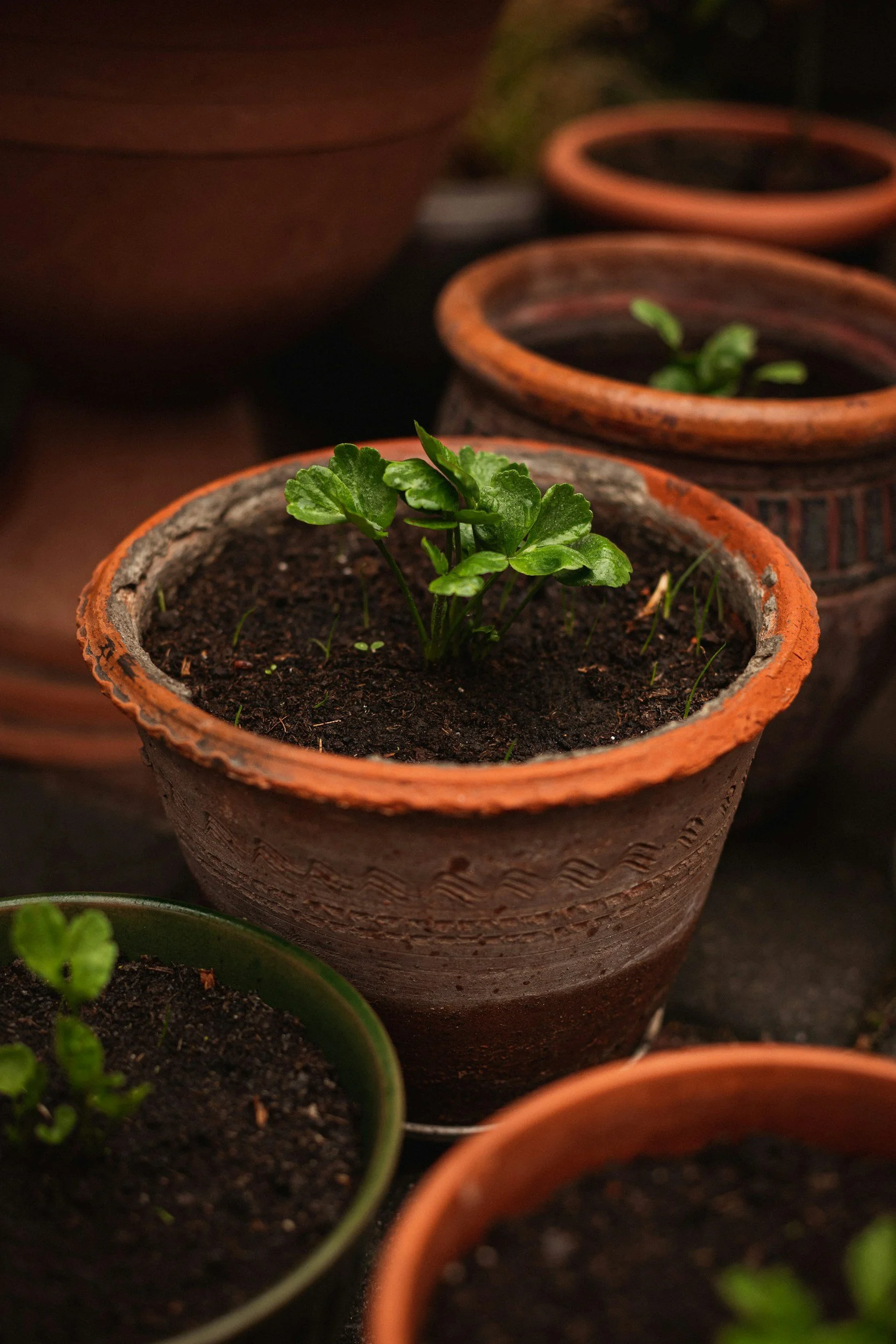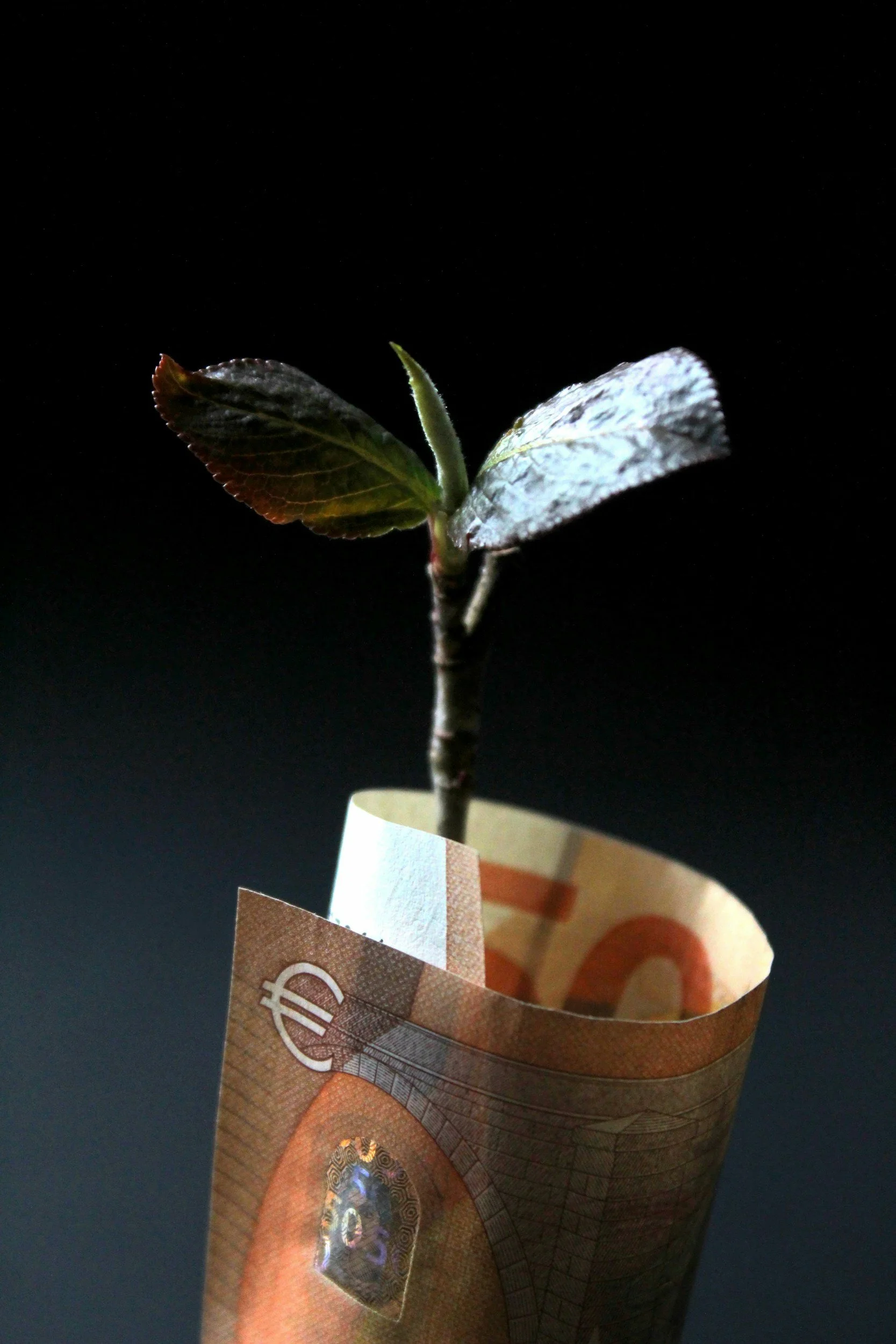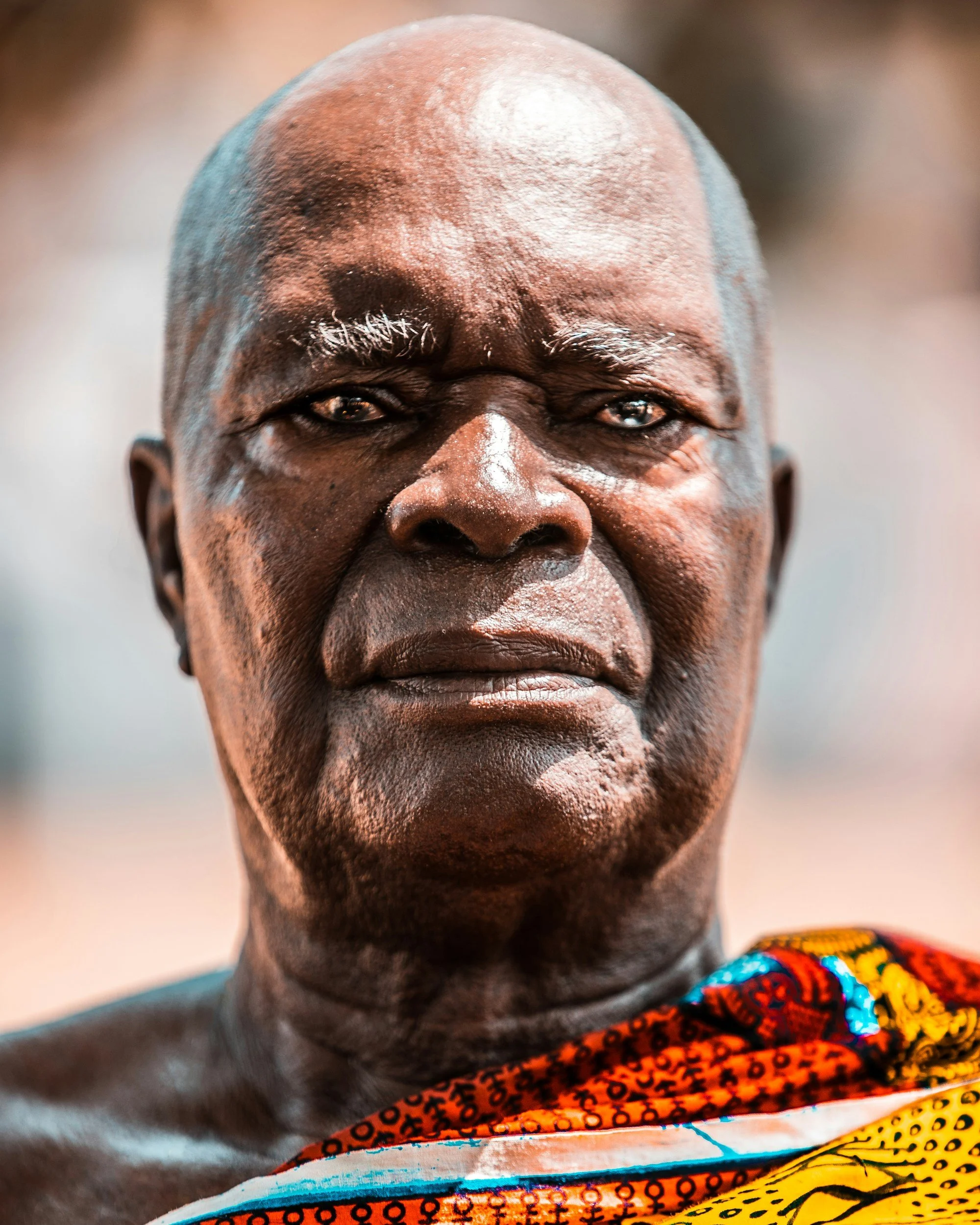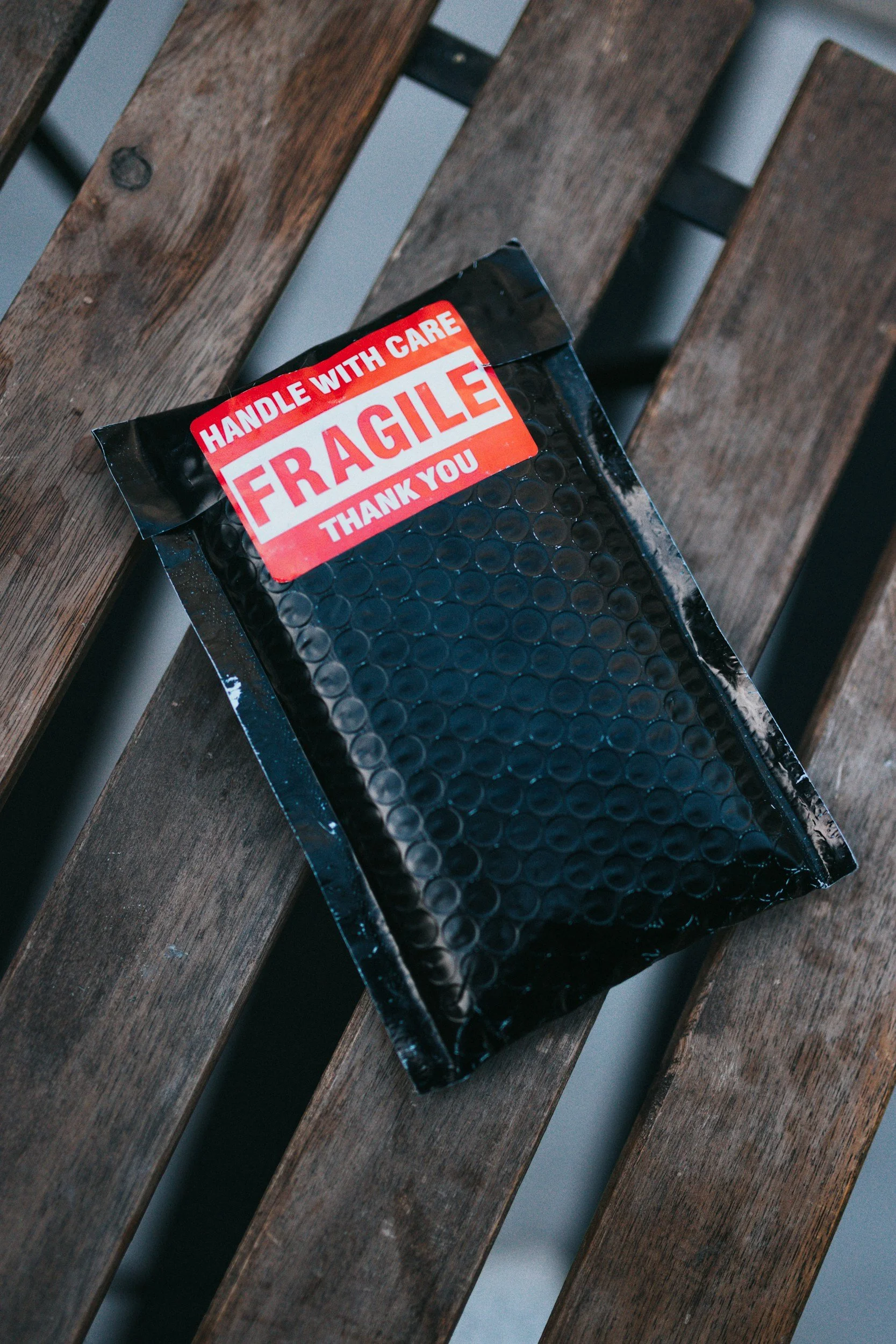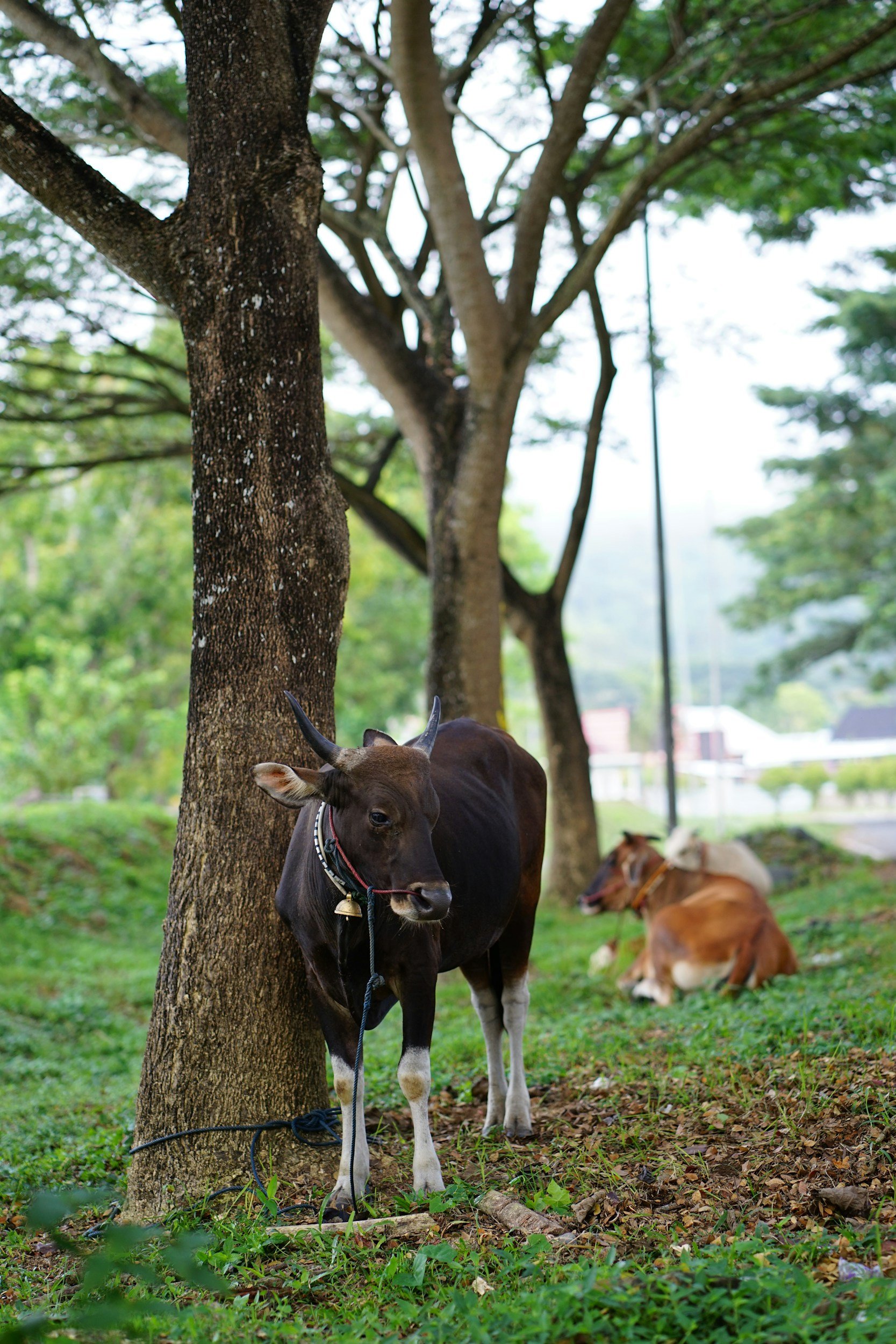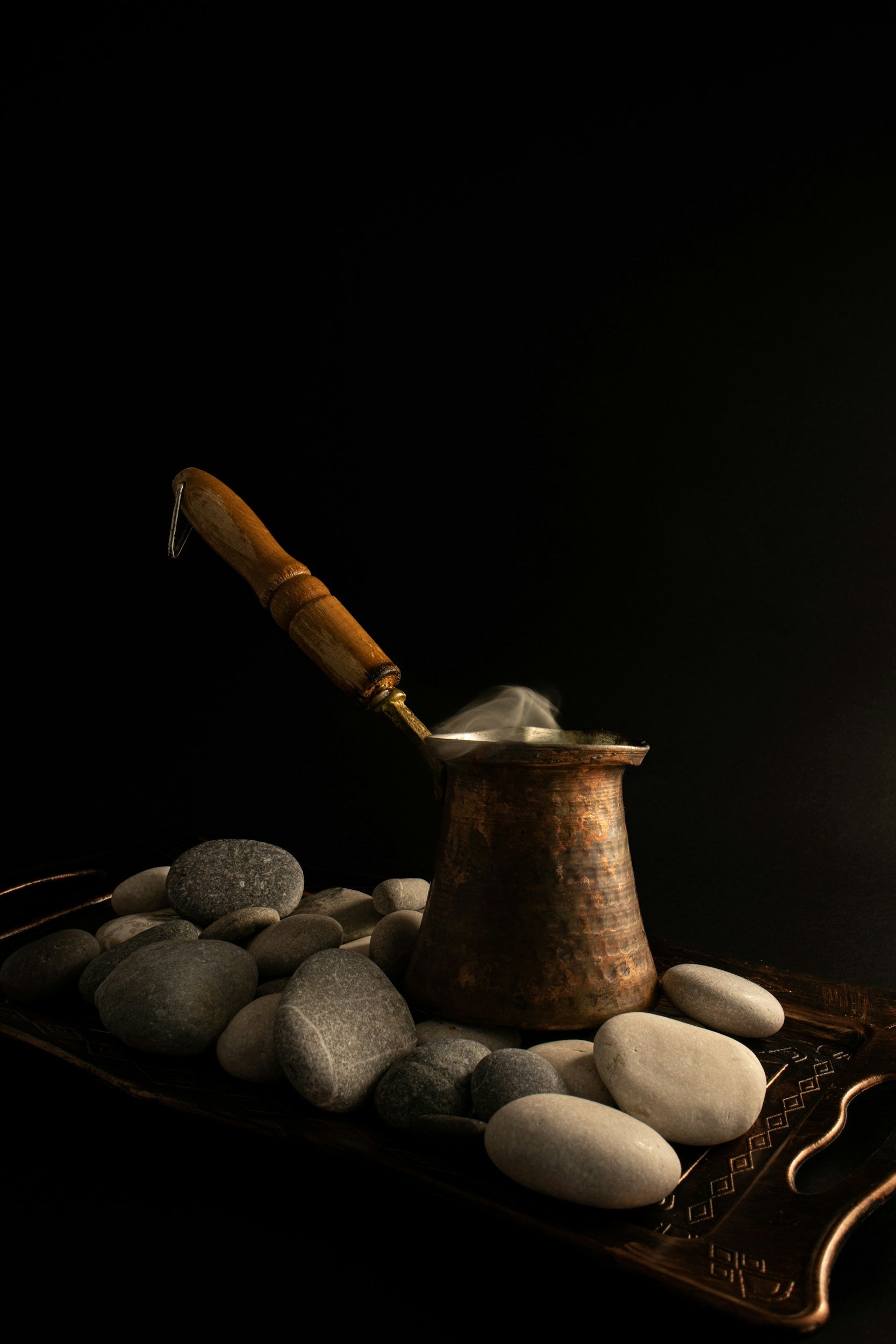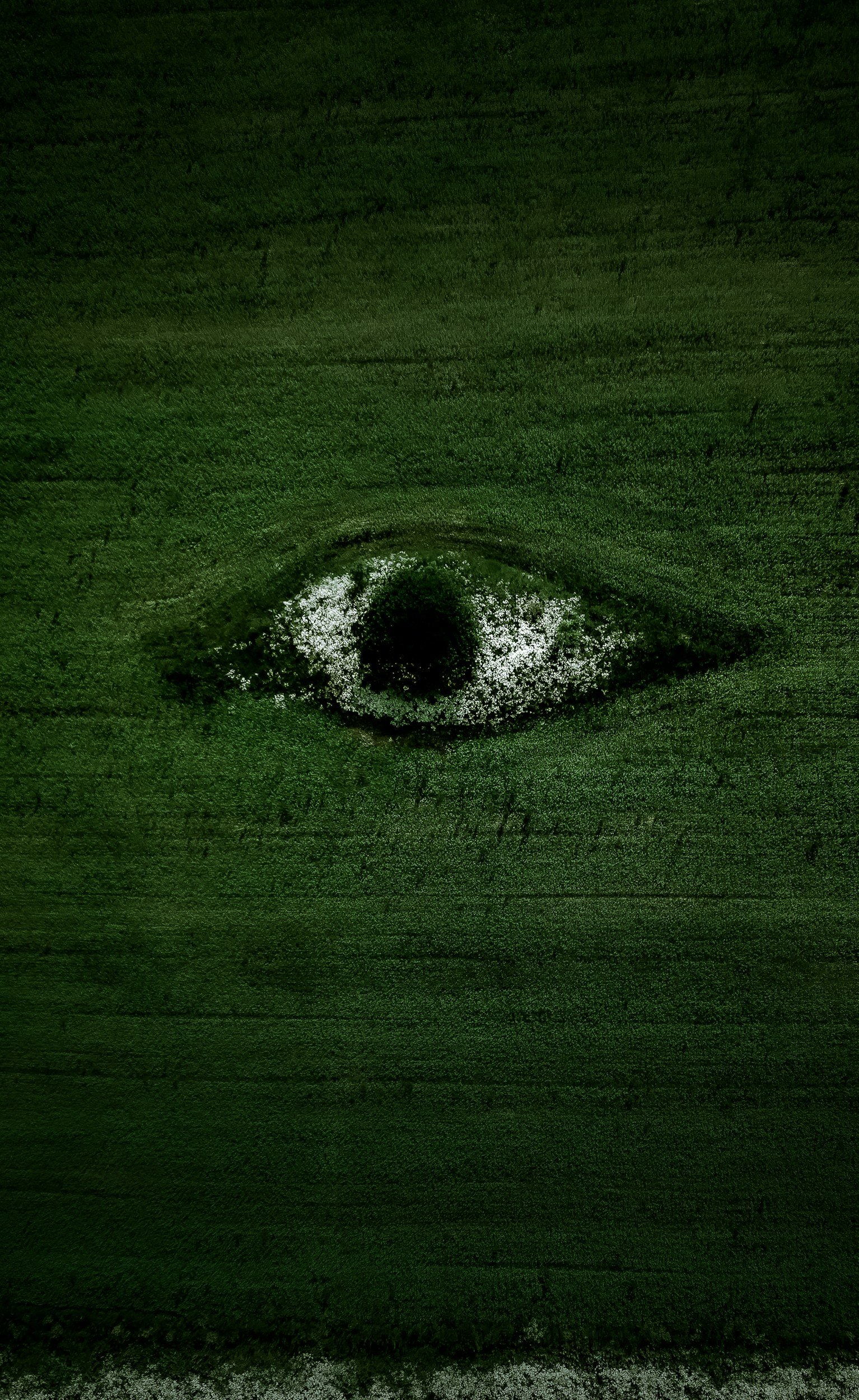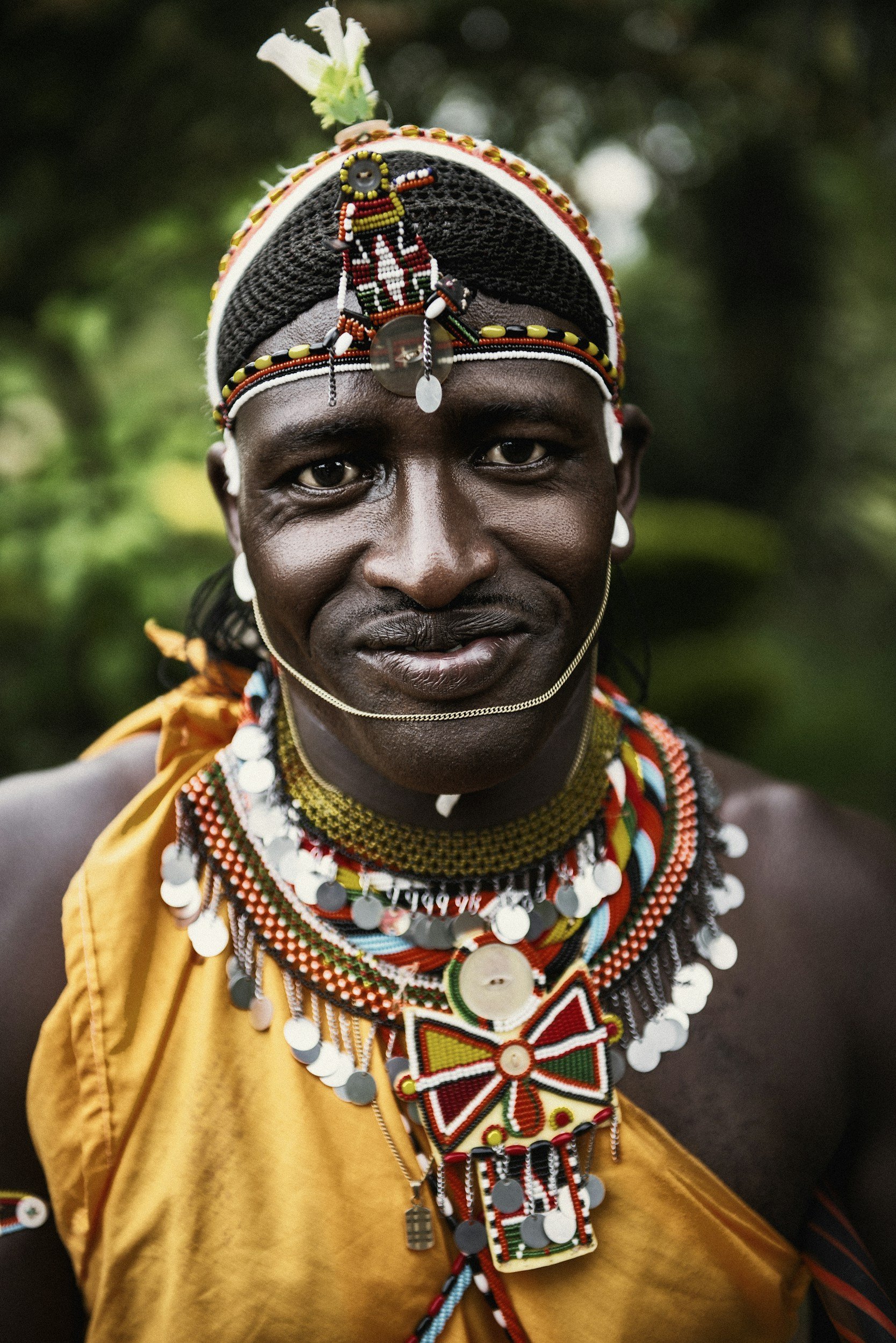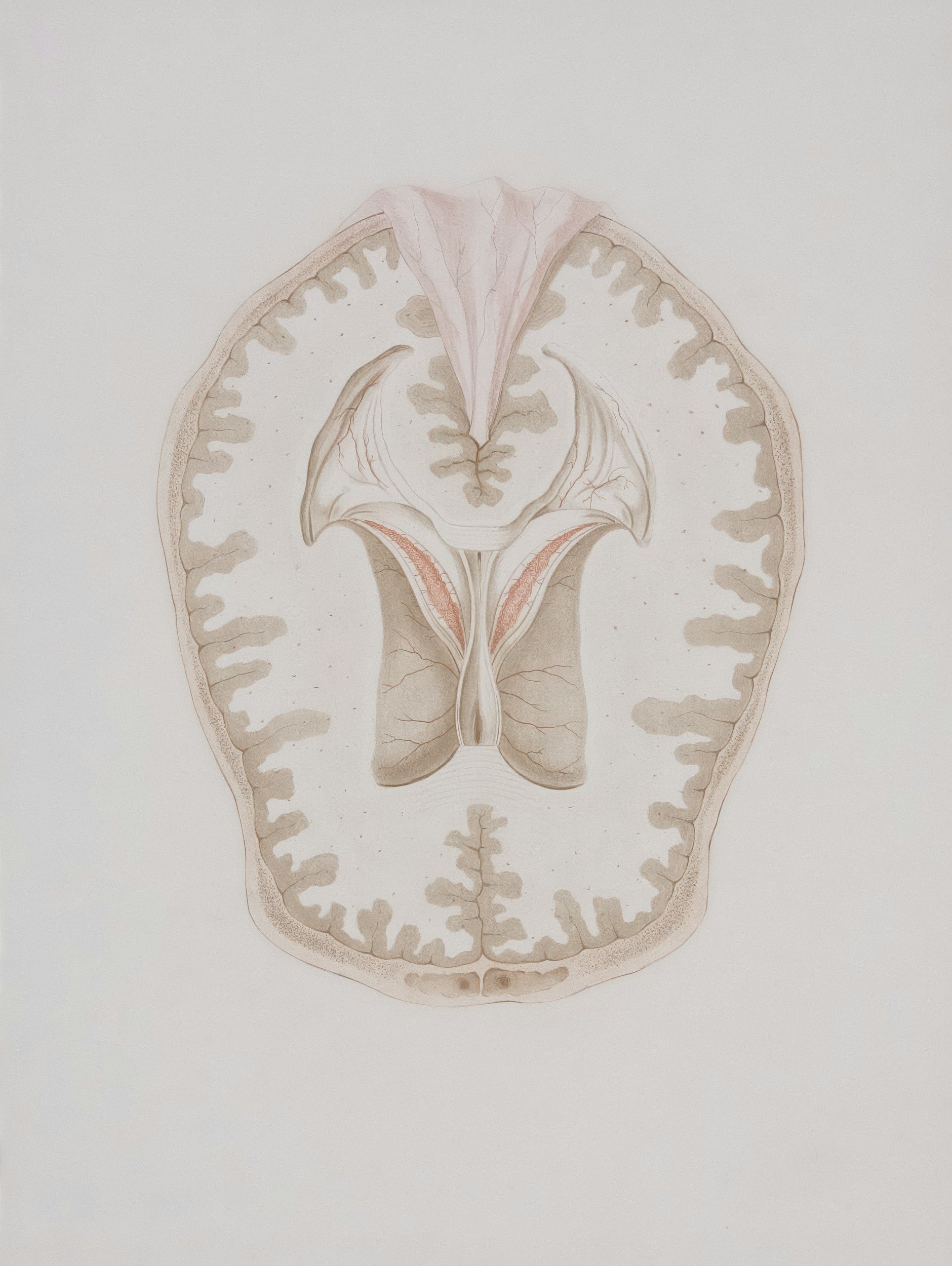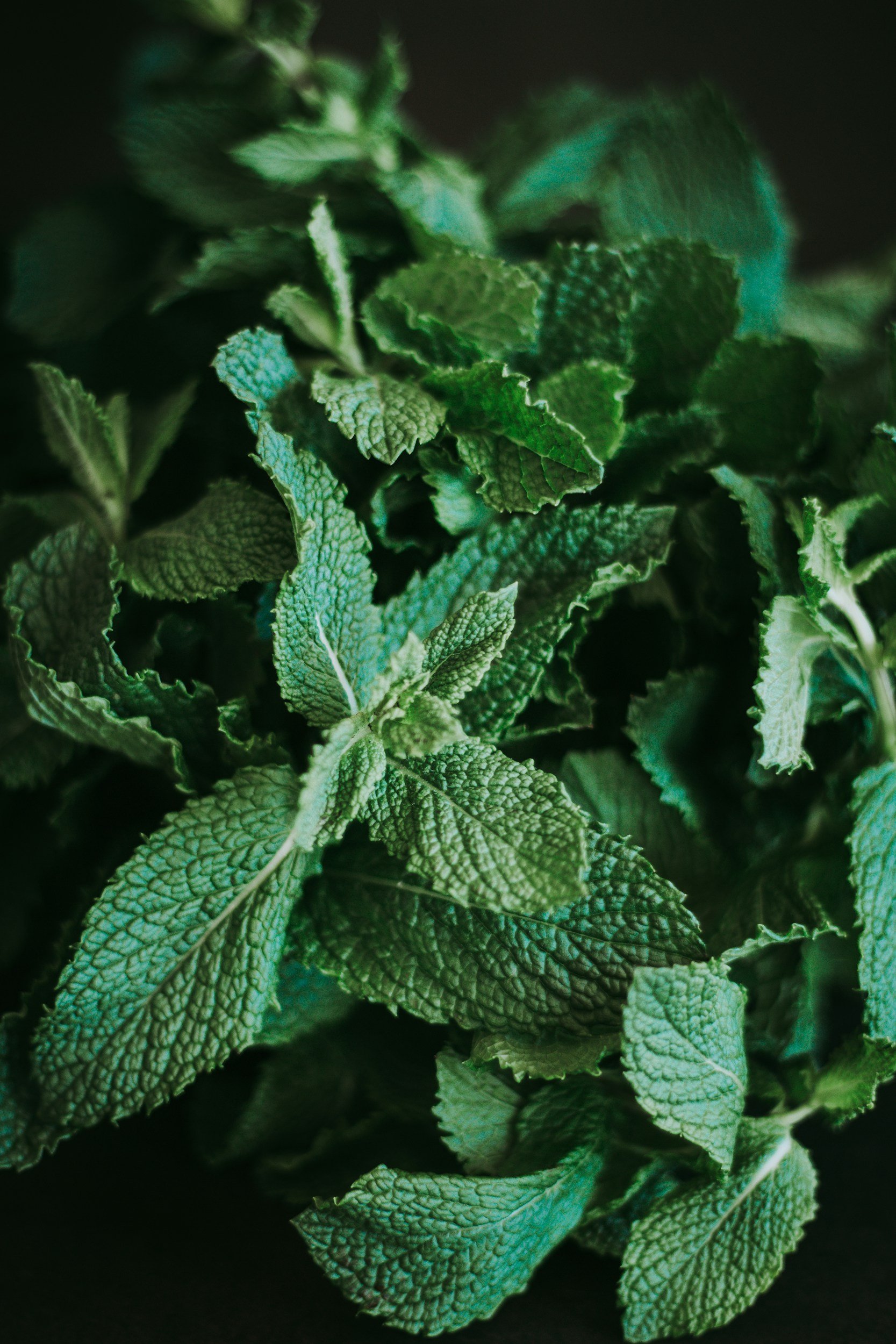What It Takes to Become a Powerful Dibịa (A Comprehensive Checklist)
In Igbo spirituality, the role of a Dibịa is both sacred and crucial. A Dibịa serves as a conduit between the spiritual and physical worlds, offering guidance, healing, protection and indigenous technologies through their deep connection with the divine.
For those who feel called to this revered path, becoming a powerful Dibịa requires a disciplined commitment to a lifestyle that allows spiritual clarity and power.
Here is a detailed checklist for anyone on the path to becoming a powerful Dibịa, including essential practices and lifestyle adjustments:
1. Prioritize Organic Food
Dietary Discipline: A Dibịa’s diet plays an important role in maintaining physical health and spiritual purity. You will have to prioritize organic, natural foods and steer clear of processed items like sodas and fast food. A clean diet will enhance your vibrational energy and keep your spiritual channels clear.
2. Respectful Meat Consumption
Honoring the Sacrifice: If your diet includes meat, it is important to slaughter the animal in the way of the ancient ancestors, by offering respect and gratitude for its sacrifice. Alternatively, you can purchase your meat from vendors that take such things into consideration. This practice not only honors the spirit of the animal but also aligns with the ethical and spiritual responsibilities of a Dibịa.
3. Privacy in Eating
Eating in Seclusion: Most well versed Dibias avoid eating in public places, including fast food restaurants. Consuming food should be a private act that maintains the purity of the meal and protects you from absorbing negative energies from crowded or chaotic environments. It might sound strange but it is relevant.
4. Cautious Presence at Funerals
Selective Attendance: Unless your specific duties as a Dibịa require it, avoid attending burials or visiting places associated with the dead, such as cemeteries. These locations can be heavy with spiritual energies that may disrupt your own energetic field as someone whose spiritual antennas are already naturally hyperactive by initiation.
5. Cover Your Head in Spiritual Spaces
Spiritual Protection: When engaging in spiritual practices or when in heightened spiritual spaces, especially within your own domain (e.g public spaces within your community), cover your head with caps, wraps or other garments. This practice helps to contain your personal energy and shield you from external influences.
6. Regular Fasting
Spiritual and Physical Discipline: Moderate fasting should become a regular part of your life. It detoxifies the body and sharpens the spirit, improving your connection to the spiritual realm and increasing your receptivity to divine messages.
7. Dedicate a Market Day to Spirit
Sacred Time: Establish a market day dedicated solely to spiritual practices, a day when you abstain from all physical pleasures. Use this time for meditation, study, and communion with the spiritual forces you work with. This regular devotion builds spiritual strength and discipline.
8. Truthfulness
Power of the Spoken Word: Always speak the truth. Lying diminishes your Atu (spiritual word of mouth power) and the potency of your spoken words. In Dibịa practice, the integrity of your word is essential for maintaining spiritual authority and effectiveness.
Additional Considerations
Continuous Learning: Study regularly to deepen your understanding of Igbo indigenous knowledge systems, herbal medicine, and divination techniques.
Community Service: Use your gifts to serve the community, not just for personal gain. This altruism will strengthen your spiritual power and align you with the purpose of your calling.
Spiritual Mentorship: Maintain a relationship with a more experienced Dibịa who can guide you, offer wisdom, and provide correction when necessary.
Reflection
From the current way you live, how well do you align with these practices? Assessing your lifestyle against these criteria can help identify areas for improvement and reaffirm your commitment to the Dibịa path.
Becoming a powerful Dibịa is a lifelong journey of spiritual discipline, ethical living, and continuous learning. Those who choose this path must be prepared to align every aspect of their lives with the high standards it demands, to ensure they remain conduits of pure, potent spiritual power.
Recommended Resources:
Introduction to Igbo Medicine: Igbo Healers and Agwu Deity in a Therapeutic Society | Patrick Iroegbu (Article)
The Concept of Dibia and Dibia Representations in Igbo Society of Nigeria | Patrick Iroegbu (Article)
Dibia - Holistic and Spiritual Practice | Diviners and divination, Dibia afa, and Igba aja | Patrick Iroegbu | chiism (Article)
What is a Dibia? - Healers in Igbo Spirituality Explained | Medicine Shell (YouTube)
Who Is A Dibia? What Qualifies One To Be A Dibia? | Tobe Osigwe (YouTube)
